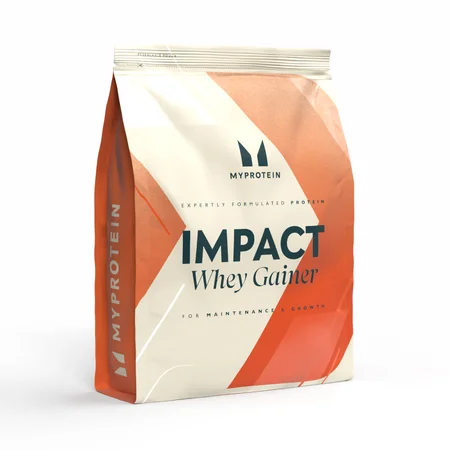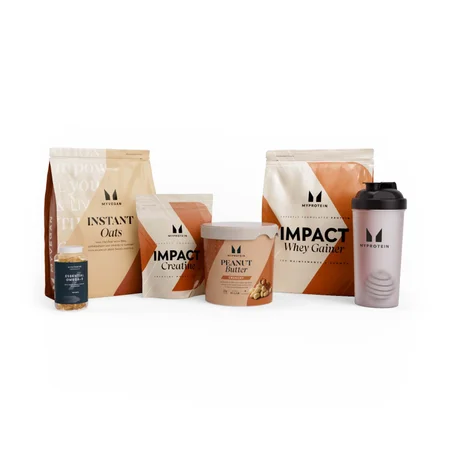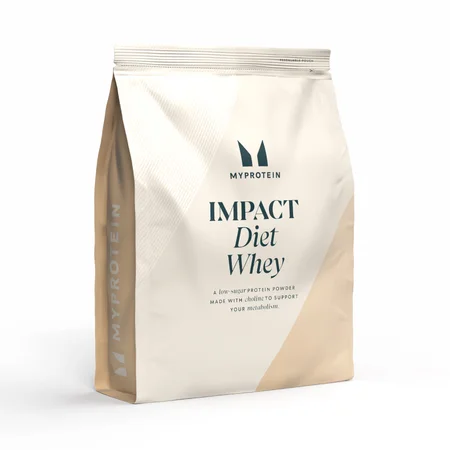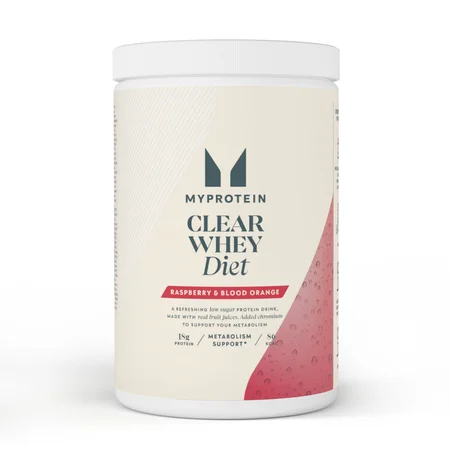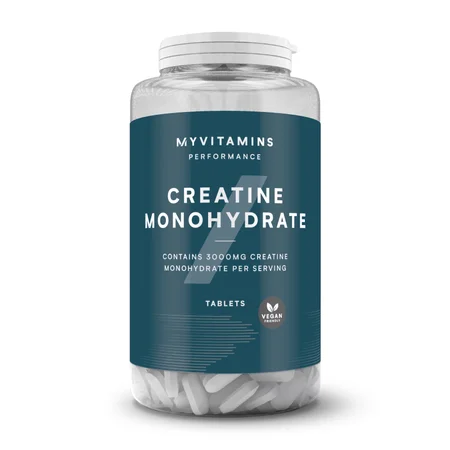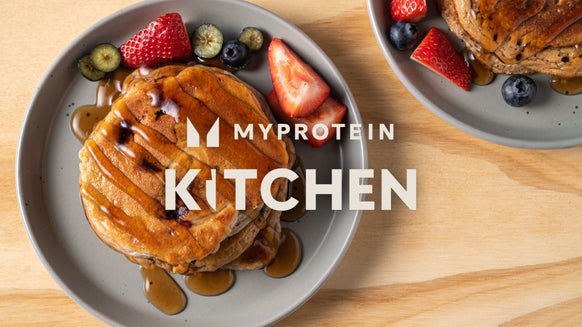Whey Protein Timing | The Best Time To Take Protein Shakes

You might see people at the gym chugging protein shakes before, during, or after their workouts, but when is the very best time to take a protein shake? While the benefits are clear, the timing of when you take your whey protein depends on your goals and your routine. Read on to find out how to make whey work for you.1
- What is whey protein?
- When to take it
- When to take for weight gain
- When to take for weight loss
- When to take for muscle gain
- When to take to enhance performance
What is Whey Protein?
Whey protein is derived from the liquid portion milk, often when it is separated from the milk curds during the cheese-making process. While it used to be discarded, it’s now used to make one of the most popular nutrition supplements on the market. The whey liquid contains about 20% of the protein in cow’s milk.
Whey protein is available in several forms (concentrate, isolate, and hydrolysate), which vary in their level of processing. The most common form on the market is whey concentrate.

Best Whey Protein | The Difference Between Impact Whey & Impact Whey Isolate?
It's a battle of the best.
When To Take a Protein Shake
The best time to take a whey protein shake depends on your goals and your workout schedule. Let’s consider some of the most common reasons people use whey protein supplements:
- To add extra protein and calories to gain mass
For a high protein meal replacement when trying to limit calorie intake for weight loss - For muscle recovery
- To enhance performance
You might even be trying to reach several of these goals at once. Let’s explore the best timing to take your whey-based on your exercise and physical goals.

How Many Protein Shakes A Day is Healthy?
An experts advice on what you need, depending on your goals.
1. When to take whey protein for weight gain
To gain mass, you need to have more calories coming into your body than you’re burning during your workouts. Some people use whey protein simply to get extra healthy calories throughout the day— in this case, the timing doesn’t matter as much for the results.1,3
If you want to use whey protein in this way (for extra calories and protein), it can be best to space out your whey shakes between meals so they don’t ruin your appetite for other foods.
If you want a high-calorie shake, add some milk or a nut butter for a boost of healthy fats and a more satiating shake.
2. When to take whey protein for weight loss
For the opposite of gaining mass — losing weight — you need to consume fewer calories than you are burning during the day. 1 A lot of people choose to count their macros and calories as a means of losing weight.
Counting the calories in a protein shake is simple, and you know exactly how much protein you’re getting too. However, they’re not designed to be a meal replacement on their own. If you are looking to have a shake as your lunch and you need something quick but with well-rounded macros, try bulking out your protein shake.
To emulate a balanced meal with enough calories, you’ll need to add healthy fats, carbohydrates and micronutrients to your shake.
Try adding oats for your carbs, nut butter (peanut or almond for example), and some fruit like banana or strawberry. This will create a much more balanced shake with sufficient macros and calories to replace a meal properly, helping you maintain muscle mass and keep you full and satisfied throughout the day – key for successful, sustainable weight loss.
Check out our macro calculator here for some guidance on hitting the right macros for your goals.

Macro Calculator | How To Calculate Your Macros For Flexible Dieting & IIFYM
Use our calculator to work out your macros.
3. When to take whey protein for muscle gain
While it used to be thought that you had to consume your whey supplement right away (within 30 minutes or 2 hours after a workout), research now shows benefits to higher protein intake up to 24 hours after your workout.3 That’s because it can take up to a full day for our muscles to rebuild and benefit from extra protein.
Consuming your shake shortly before or after your workout still provides your body with those necessary building blocks (amino acids) to help your muscles recover and prepare for your next workout.3
You may change the timing of your shake based on your meals or your daily schedule. One tip to avoid a common mistake is to not consume your shake at the same time as a high-protein meal. Our bodies do have a limit to how much protein we can absorb at once, so it’s best to spread your protein out into 3-4 meals or snacks throughout the day.3
Don't stop there, make sure your meal are high-protein too:

57 Meal Prep Recipes For Muscle Building & Fat Loss
Your next favourite prep is in here...
4. When to take whey protein to enhance performance
Our muscles are constantly being broken down and built back up based on our activity level. High-intensity exercise requires extra dietary protein to be available for muscle rebuilding and growth.
Think of your muscles as a stack of building blocks that gets knocked over by intense exercise, and whey as extra blocks that can make the tower even stronger when you rebuild it.
Research shows that supplementing with extra protein, like whey, can increase gains in mass, strength, and the rate at which our muscles rebuild (muscle protein synthesis) when combined with the right workout regimen1.
For more supplements to help boost performance, check out creatine:
Looking for sweet & simple protein shake recipes? Try these.
Take Home Message
Whey protein is a powerful supplement that can help both seasoned athletes and those who are less active in a variety of different ways.
While the rest of your diet and exercise routine are also important, whey protein has the power to help you gain lean mass, retain muscle mass when cutting back on calories, increase your recovery time before your next workout, and enhance your workout performance.
The timing of when you use whey protein depends on your goals, but making whey protein a regular part of your habit can show a wide variety of benefits.
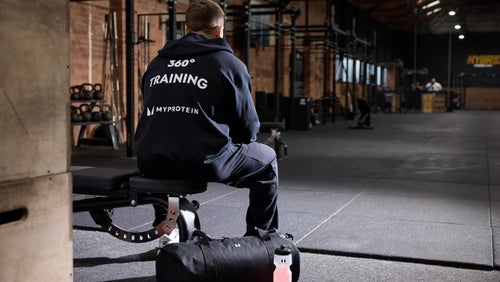
How To Take Creatine | Best Uses For Your Fitness Goals
All your must-know creatine knowledge and which you should be taking.
READ THESE NEXT:

Vegan Protein Powder | Best Vegan Alternatives To Whey Protein
Nutritionist unpacks your options.

Claire is a Registered Dietitian through the Academy of Nutrition and Dietetics and a board-certified Health and Wellness Coach through the International Consortium for Health and Wellness Coaching. She has a Bachelor of Science in Biology and a Master’s degree in Clinical Dietetics and Nutrition from the University of Pittsburgh.
Talking and writing about food and fitness is at the heart of Claire’s ethos as she loves to use her experience to help others meet their health and wellness goals.
Claire is also a certified indoor cycling instructor and loves the mental and physical boost she gets from regular runs and yoga classes. When she’s not keeping fit herself, she’s cheering on her hometown’s sports teams in Pittsburgh, or cooking for her family in the kitchen.
Find out more about Claire’s experience here.
1. Pasiakos, S. M., McLellan, T. M., & Lieberman, H. R. (2015). The effects of protein supplements on muscle mass, strength, and aerobic and anaerobic power in healthy adults: a systematic review. Sports Medicine, 45(1), 111-131.
2. USDA. 2015. Agricultural Marketing Service. AMS – USDA. [Online] April 24, 2015. [Cited: January 15, 2019.] https://www.ams.usda.gov/sites/default/files/media/Whey%20Protein%20Concentrate%20TR.pdf.
3. Campbell, B., Kreider, R. B., Ziegenfuss, T., La Bounty, P., Roberts, M., Burke, D., … & Antonio, J. (2007). International Society of Sports Nutrition position stand: protein and exercise. Journal of the International Society of Sports Nutrition, 4(1), 8.
